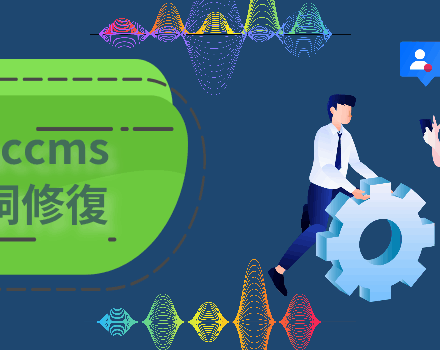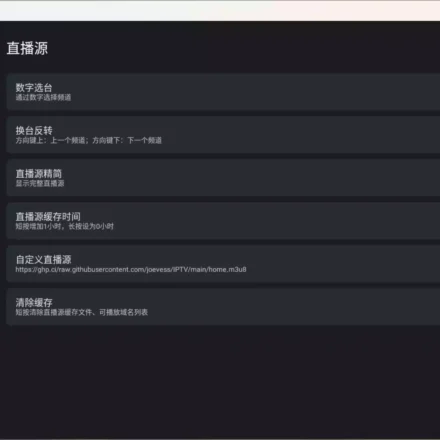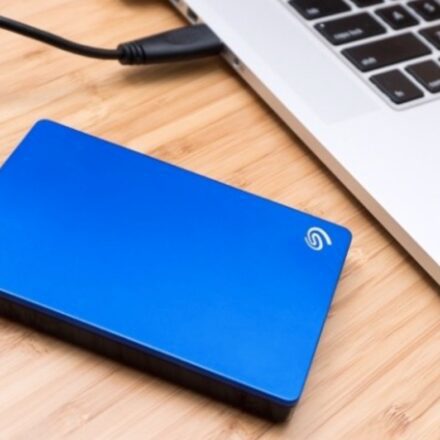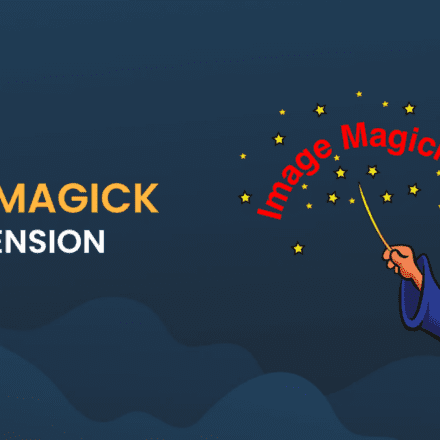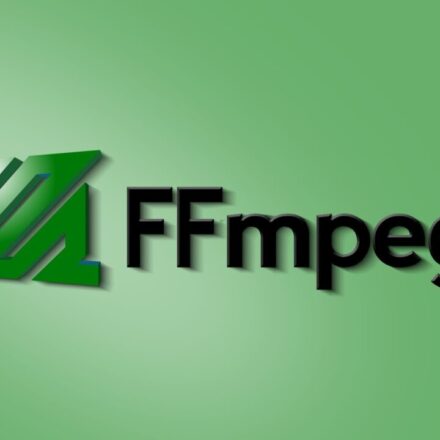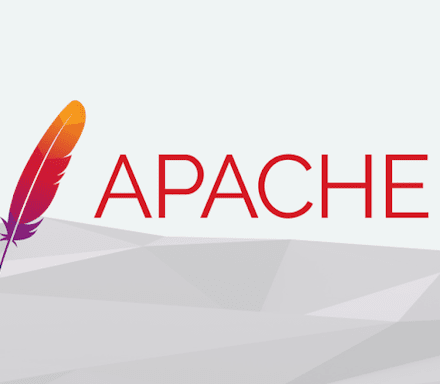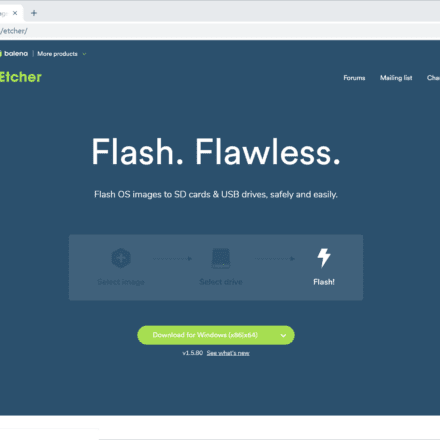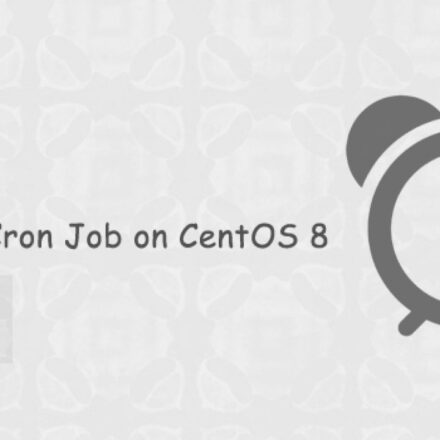Excellent software and practical tutorials
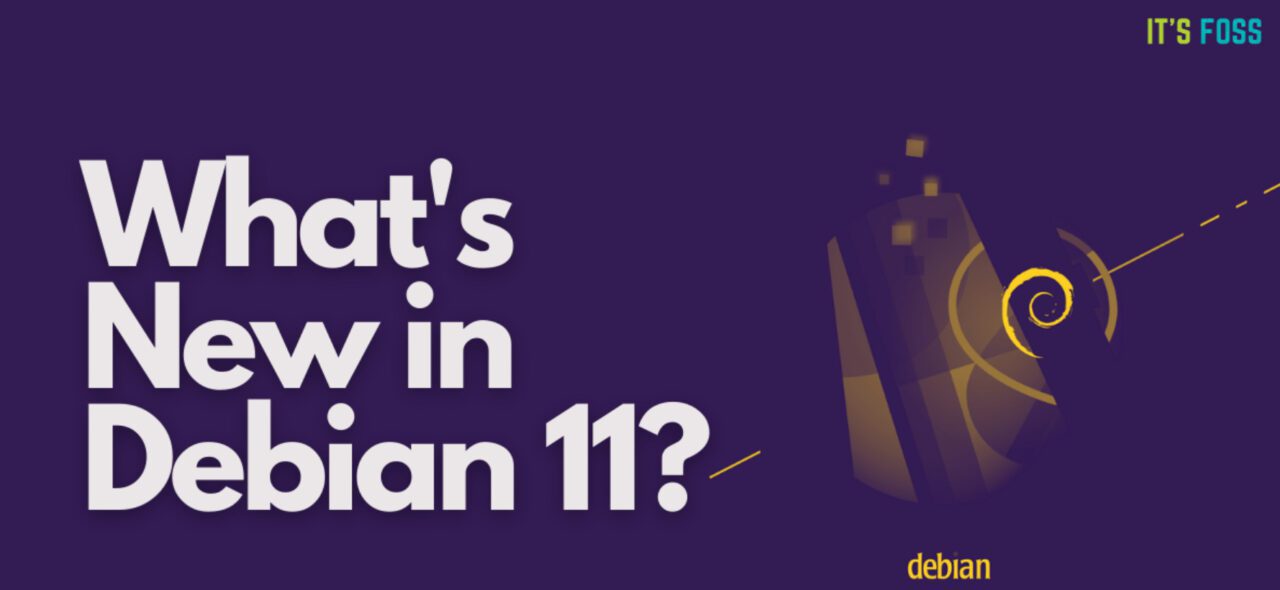
What is Debian 11
Debian 11 is the first to support exFAT file system Linux version and use it by default to mount exFAT filesystems. It is no longer necessary to use the userspace filesystem implementation provided by the exfat-fuse package. Tools for creating and checking exFAT filesystems are provided in the exfatprogs package.
Debian 11 Debian 11 includes more than 11,294 new packages for a total of 59,551 packages, while significantly reducing more than 9,519 packages marked as obsolete and removed. In addition, Debian 11 updates 42,821 packages and 5,434 packages remain unchanged.
The long-awaited Debian 11 release, codenamed "Bullseye," is finally here after two years of development. The release will be supported for the next five years, just like any other Debian stable release.
Excited? Let’s take a look at what’s new in Debian 11.
Debian 11 official website:https://www.debian.org/

1. New main Debian 11 topic
Debian 11 comes with a new "Homeworld" theme. It is inspired by Bauhaus, an artistic style that originated in Germany in the early 20th century and is characterized by a unique treatment of architecture and design.
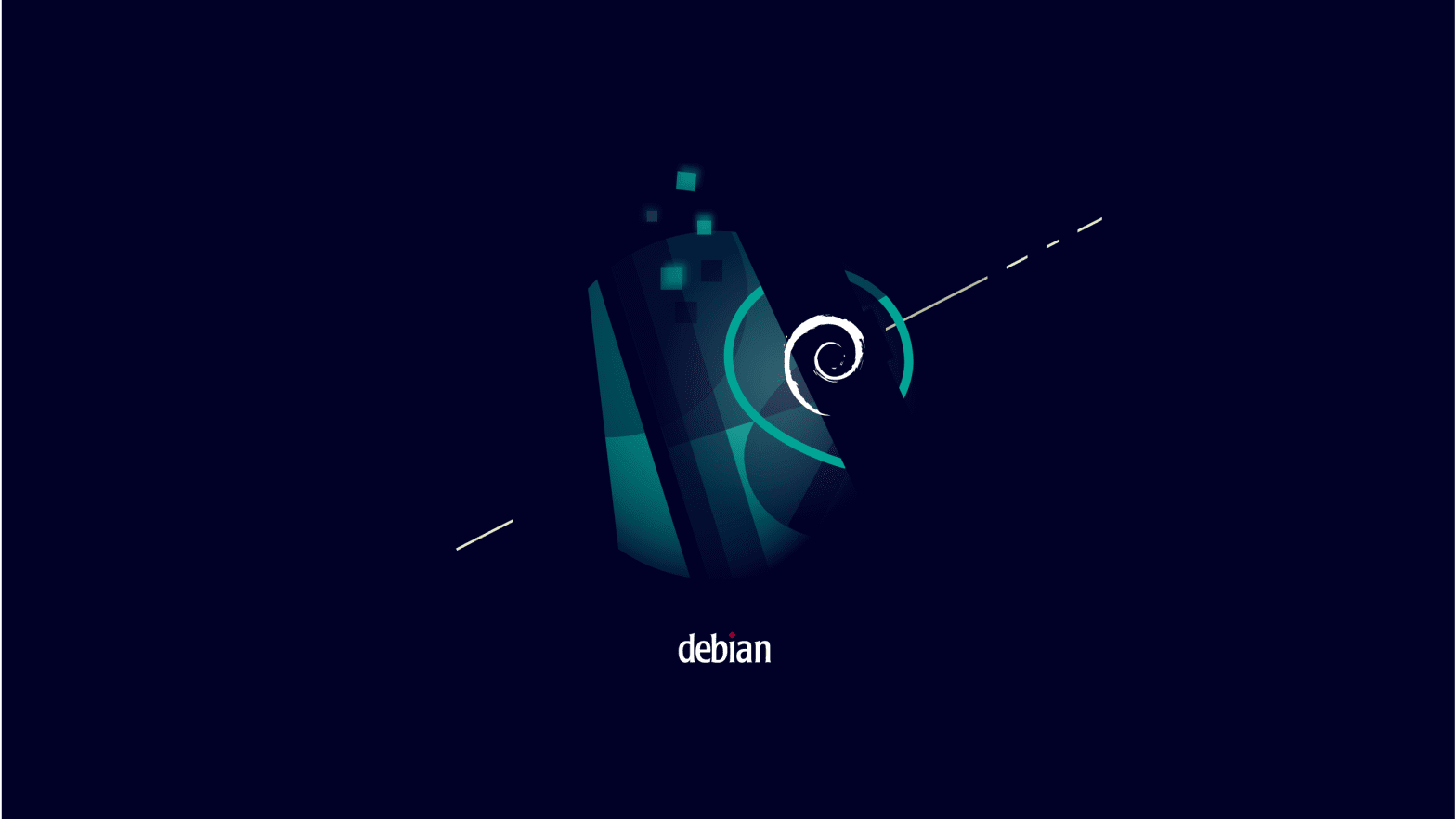
Default wallpaper for Debian 11
In Debian 11, you will see this theme on the login screen, installer, and Grub menu.

Grub Screen
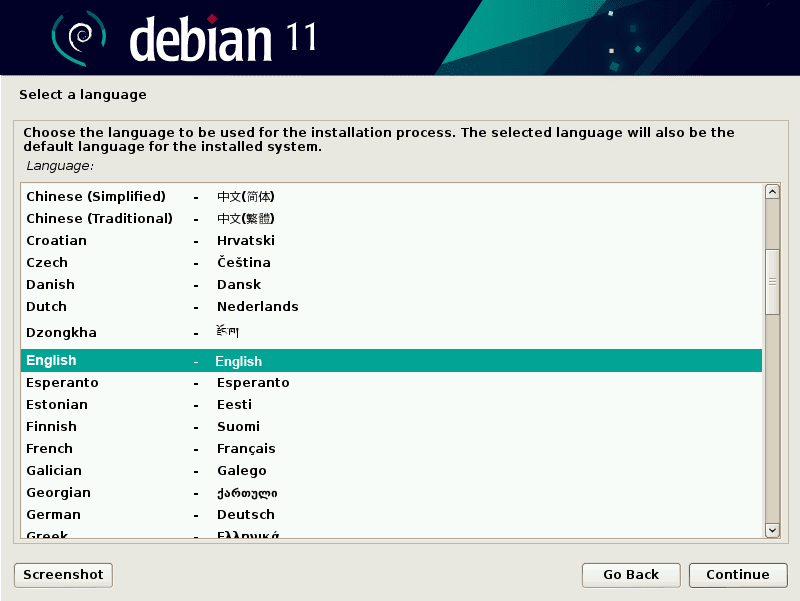
Installer
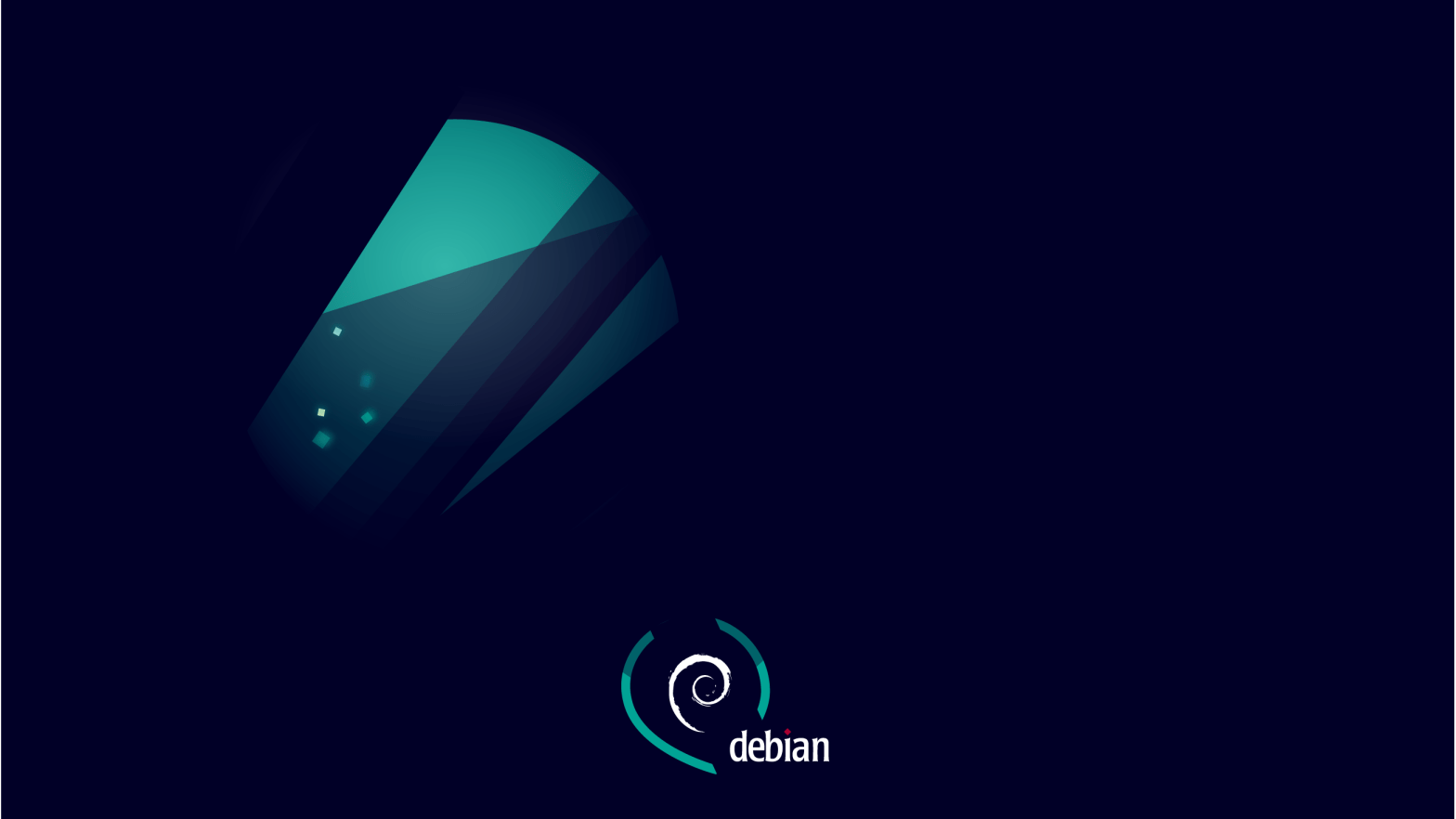
Login Screen
2. Newer version of desktop environment
Debian 11 includes newer versions of the desktop variants it provides:
- GNOME 3.38
- KDE Plasma 5.20
- LXDE 11
- LXQt 0.16
- MATE 1.24
- Xfce 4.16
If you use cutting-edge distributions like Fedora or Arch/Manjaro, this might seem strange to you. But that's how it is. Debian tends to be more stable, so the versions of the desktop environment are not the latest. Of course, they are still relatively new compared to the previous Debian stable version.
3. Software package updates
Debian has updated its package repositories. Debian 11 includes up to 11294 new packages, bringing the total number of packages to 59551. 42821 packages have newer versions. 9519 packages have been removed.
This means you should see new versions of popular applications like LibreOffice, Emacs, GIMP, and various server- and programming-related tools.
4. Linux kernel 5.10 LTS
Debian 11 comes with Linux kernel 5.10, a long-term support (LTS) releaseDebian 10 Buster was released with the Linux 4.19 kernel.
A new kernel obviously means better support for hardware, especially newer hardware, as well as performance improvements.
5. Printer and scanner improvements
Debian 11 brings a new package ipp-usb. It uses the vendor-neutral IPP-over-USB protocol supported by many modern printers. This means that many newer printers will be supported by Debian 11 without the need for drivers.
Likewise, the SANE driverless backend allows you to use scanners easily.
6. Support exFAT
You no longer need to use the exfat-fuse package to mount exFAT file systems. With the Linux 5.10 kernel, Debian 11 already supports the exFAT file system and uses it by default to mount exFAT file systems.
7. Still supports 32-bit
Is this a feature? Considering that there are only Few Linux distributions support 32-bit architecture, I think so.
In addition to 32-bit and 64-bit PC, Debian 11 also supports 64-bit ARM (arm64), ARM EABI (armel), ARMv7 (EABI hard-float ABI, armhf), little-endian MIPS (mipsel), 64-bit little-endian MIPS (mips64el), 64-bit little-endian PowerPC (ppc64el), and IBM System z (s390x).
Now you know why it is called a "universal operating system". ????
Other changes
There are also some changes in this version:
- Systemd uses control group v2 (cgroupv2) by default.
- New Fcitx 5 input methods for Chinese, Japanese, Korean and many other languages.
- Systemd journal logs are persistent by default.
- A new open command automatically opens files with an application (GUI or CLI) from the command line.
- Password hashing for the local system account now uses yescrypt instead of SHA-512 by default to improve security.
More information can be found at Official release notes Found in.
Get Debian 11
Debian 11 can be downloaded from its website. Just head over to the website and get the ISO from there.



